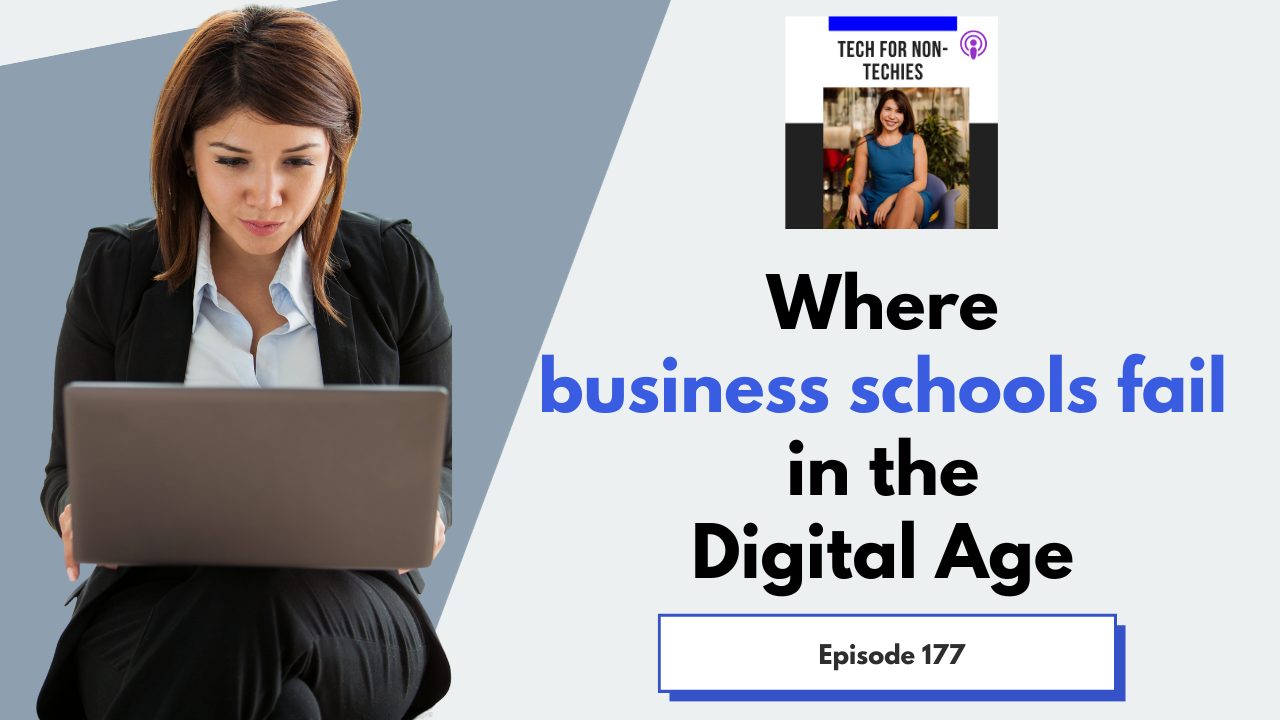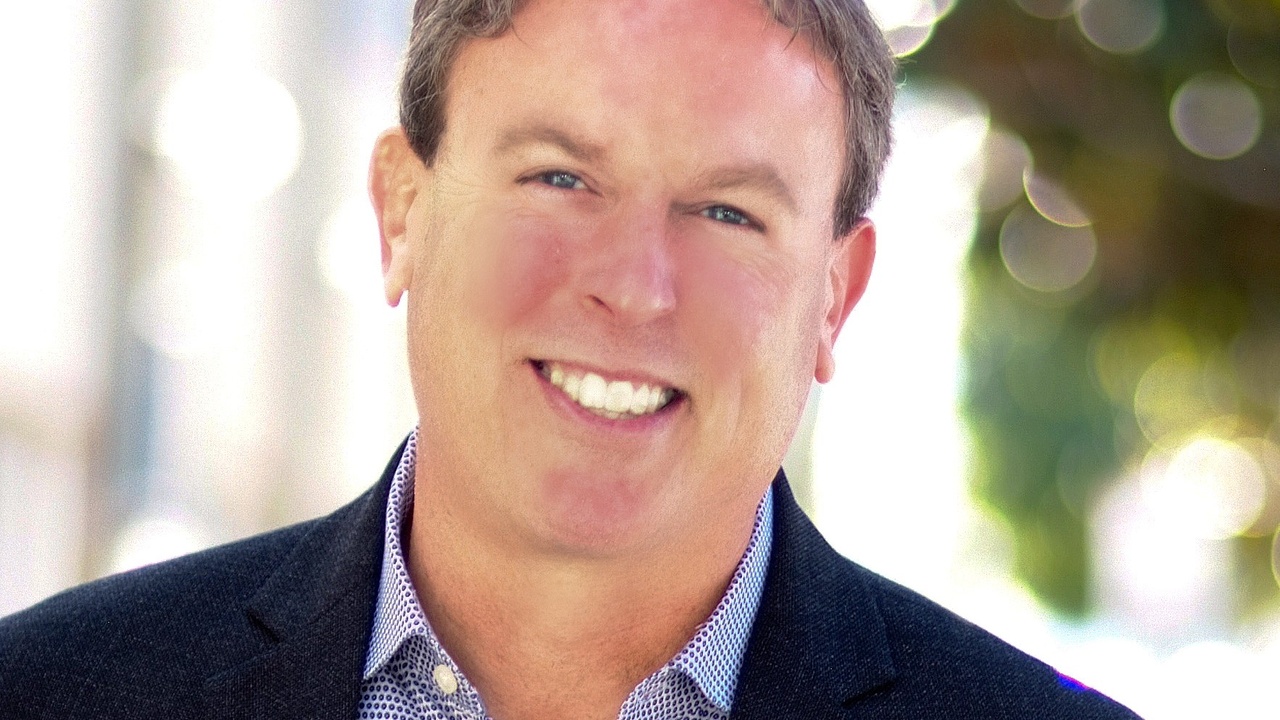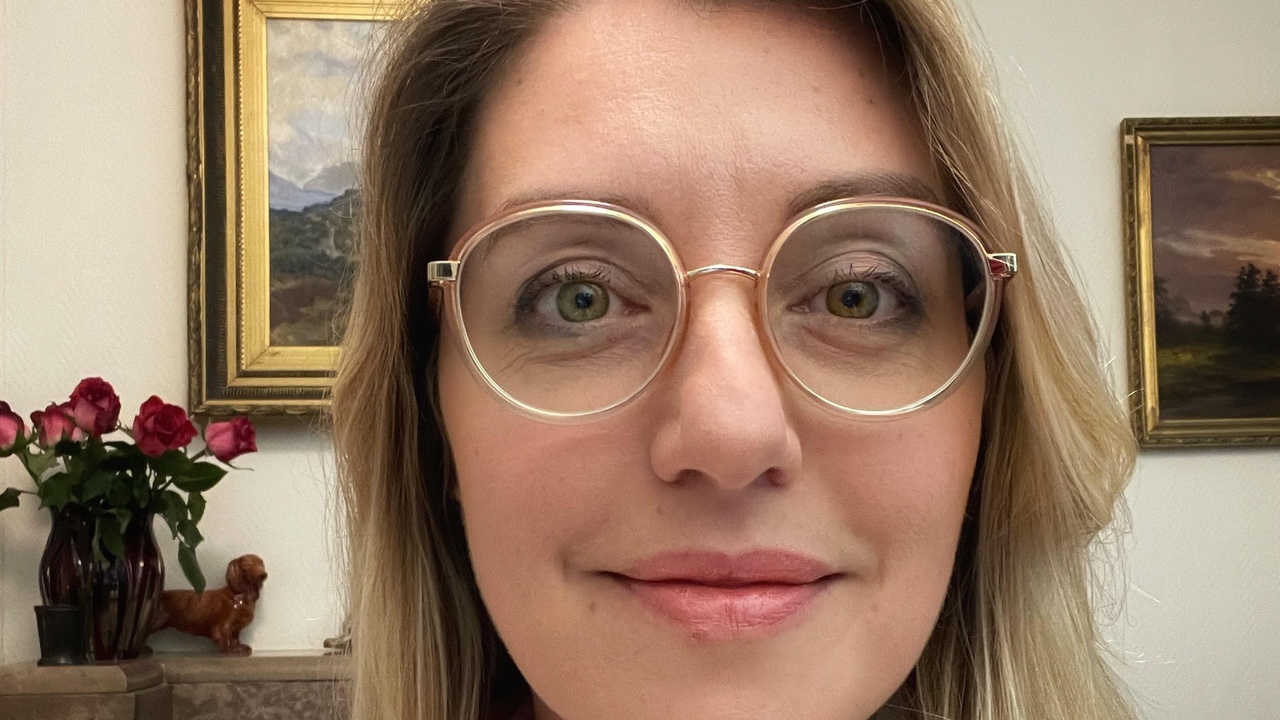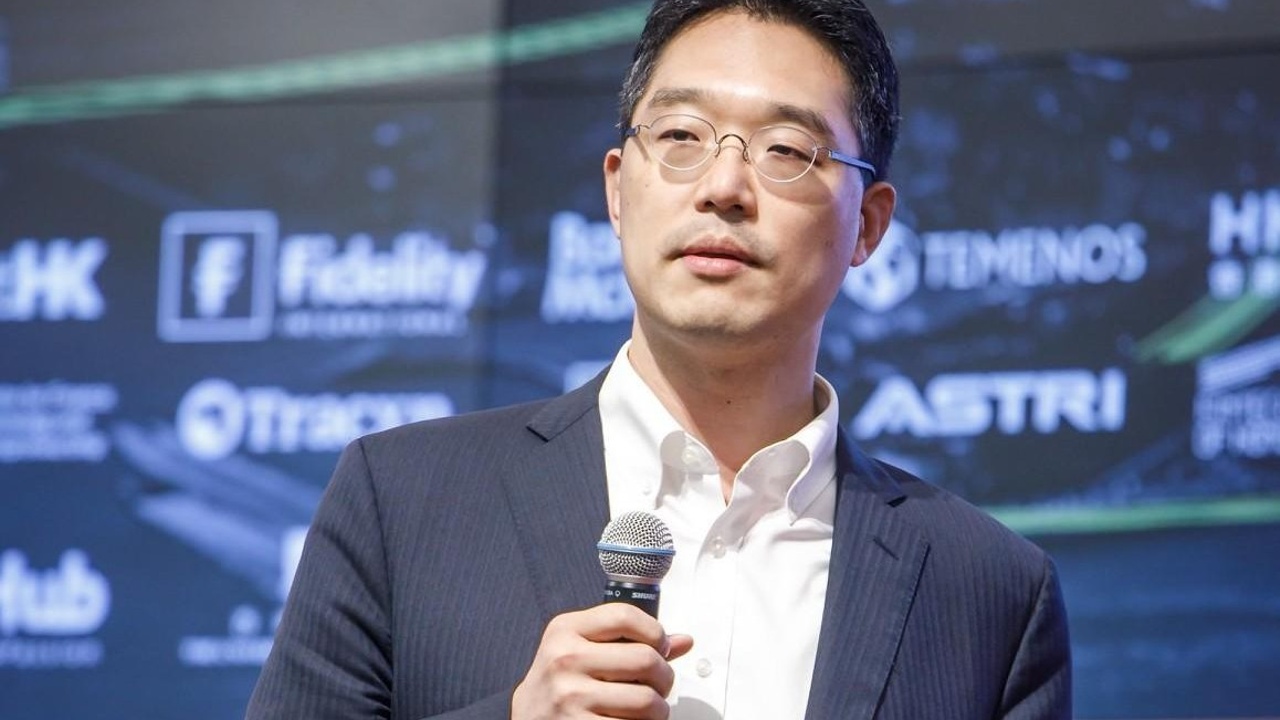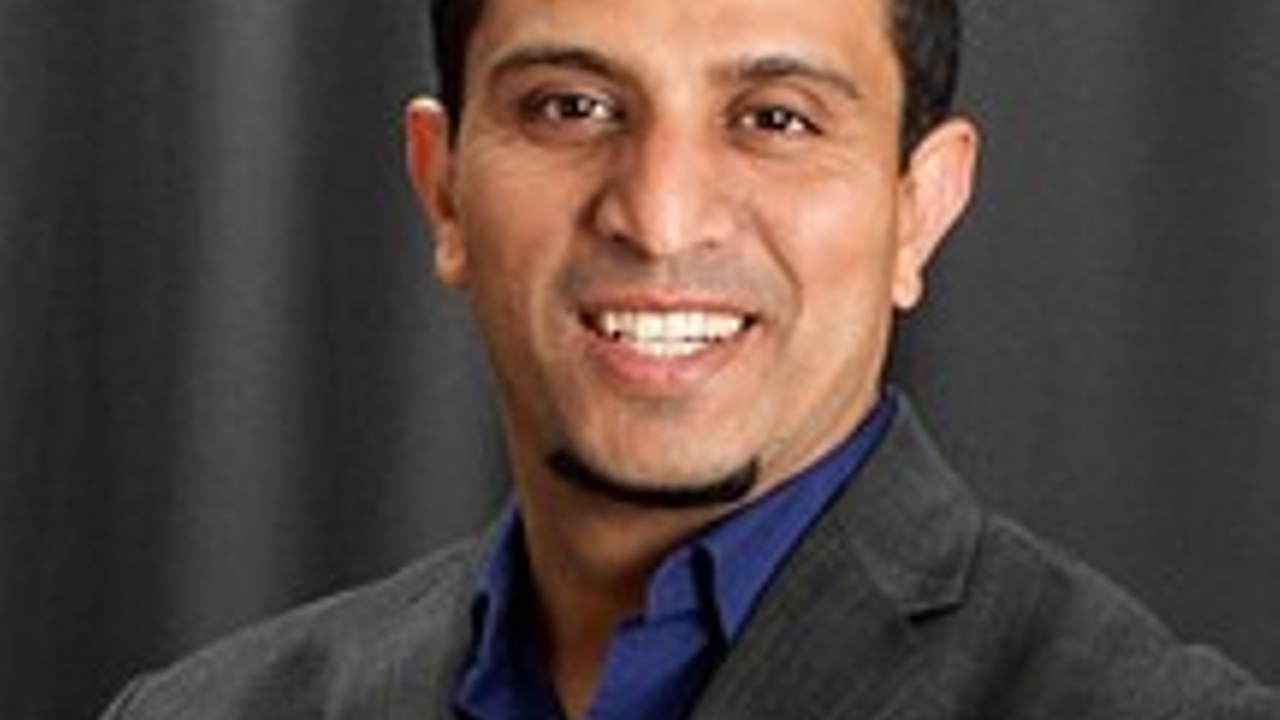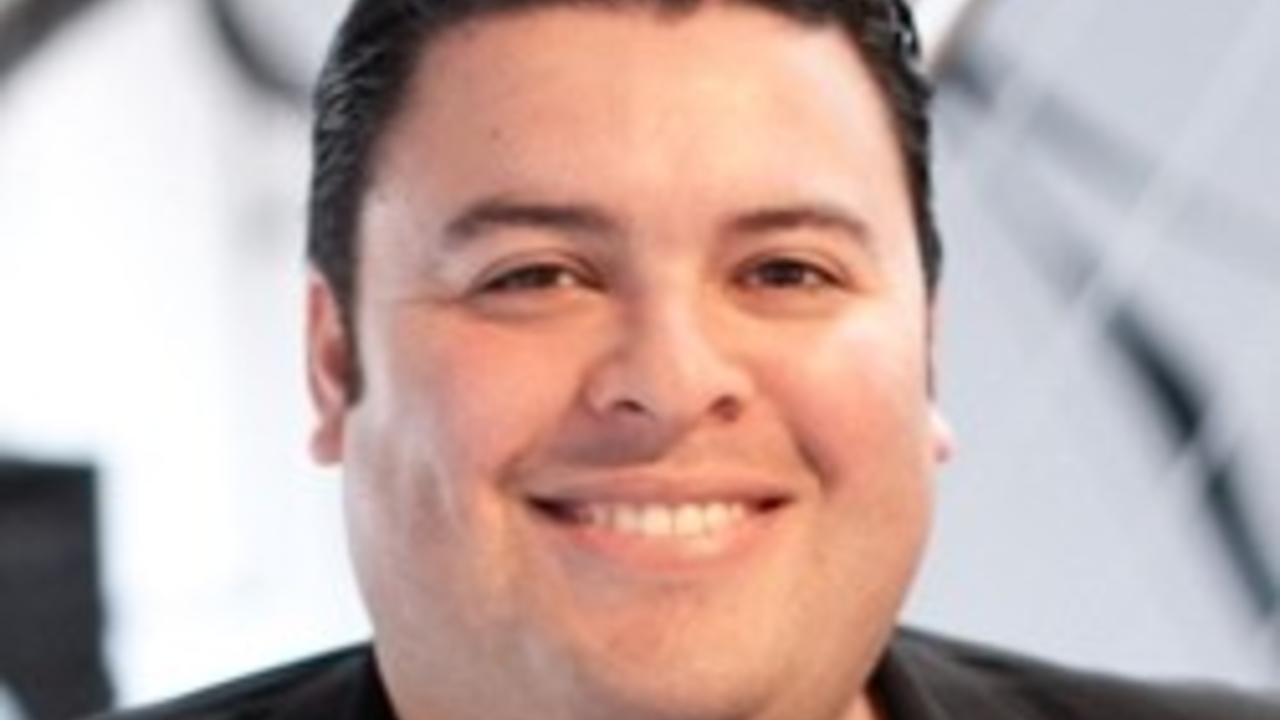A top MBA can be the best investment you make in your career. BUT most business schools haven't adapted to the Digital Age, despite pressure from employers & students.
Listen to this episode if you have an MBA, are considering one, or work at a business school.
You will learn:
- What's missing in ...
An MBA from a top school can be a great investment. But most business schools have not updated their curricula for the Digital Age and the new world of work.
Listen to this episode to hear what Sophia Matveeva loved about her MBA and the two vital skillsets her business school didn't teach.
...
How do you get to the top of a tech company as a non-technical professional? How can you drive innovation, when you’re not building the technology yourself?
That’s what you’ll learn from this interview with David Wells, ex CFO of Netflix and chair of the board at Wise.
Learning notes from this epi...
Lots of smart people want to transition into careers in tech, but don’t know how to get started. If that sounds like you, then listen to how Alexandra Soroko went from finance to tech leadership.
Today, Alexandra is Head of Merchant Sales at Visa in France, and connects fintech companies, banks and...
Andi Govindia has gone through three accelerators on her start-up journey. This helped her build a business model, find co-founders and get her first major clients.
Andi leads Riviter, a visual search company that uses AI to predict fashion and beauty trends, and counts L'Oreal amongst its clients....
When you make a payment, your money doesn’t reach the destination bank account straight away. Instead, it goes through an underground railroad of payment providers and intermediaries to reach its destination.
In traditional banking, this process is expensive and slow, but new fintech players are ch...
Sophia Matveeva spoke to Jung Seok Kung (JS) founder of Aizen, a fintech company which uses AI to support decision making and manage risk for banks. JS is a non-technical founder, who now leads a company that processes 10,000+ algorithms in real time.
If you want to learn what AI is in practice and...
A career in venture capital is lucrative and exciting. Yet, it is also hard to get into, and once you're in, staying successful isn't easy.
Sophia Matveeva spoke to Silicon Valley venture investor Nilesh Trivedi principal investor at J Ventures and Chicago Booth MBA.
They talked about what makes a...
In this episode Sophia Matveeva talks to Rags Vadali about what product management is, what PMs do and what you need to get a job in PM.
Rags Vadali has managed product at Google, Facebook and various start-ups, and like Sophia, has an MBA from Chicago Booth. This interview is an excerpt from a PM ...
David Segura is a perfect example of how non-techies can thrive in technology. His first venture, Giant Media, was a native video advertising exchange which David sold for millions to an ad tech company backed by TPG & JMI in 2014. Since then David has invested in almost 50 startups, many of which h...

